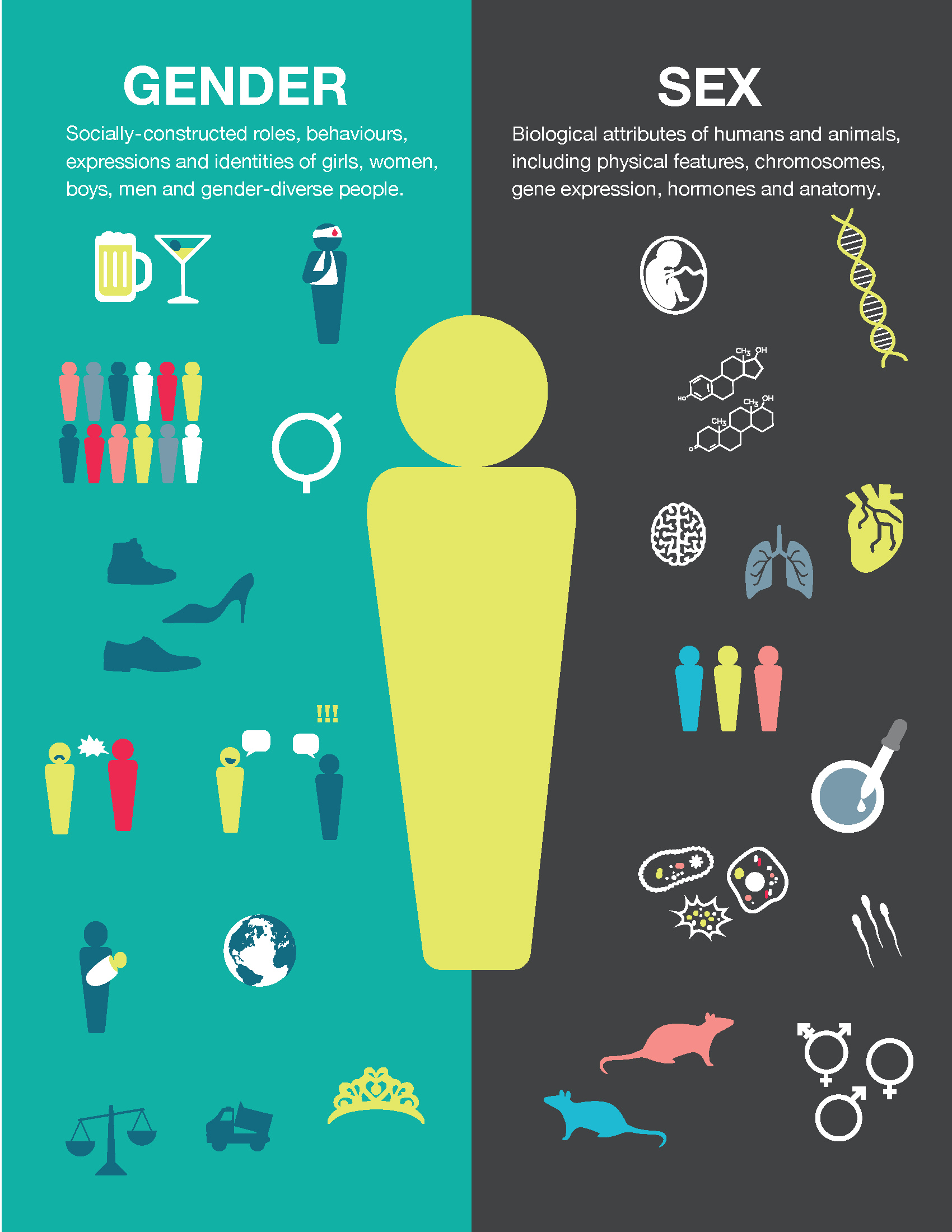Autistic people are often labelled as “mind-blind” of incapable of empathy, however this assumption centres the perspectives of neurotypical people. In this blog post Psychology student Jadwiga Michlewicz explains that this is a one-sided view of autism. She discovered that according to the double empathy problem, communication problems between different neurotypes result from mutual misunderstanding and are a shared responsibility for those with and without autism.
Dr. Purnama Sari explains how the method of “propensity score matching” (PSM) aids the understanding of neurodiversity in the classroom. Her study unravelled that vocabulary skills contribute to academic skills in autistic children, and not their gestational age, sex, birth weight, age, ethnicity, parental income, parental education, mother’s IQ, mother’s autistic traits, or mother’s depression score. This blog post may empower children with autism and their parents.
Why and how do you measure sex or gender in your research participants? Are you still using a single binary question (male/female), or do you still add the option “other”? Are you aware of the differences between sex and gender? This blog post provides some hands-on best practices tips for including sex and/or gender in your research and for writing about them in an inclusive way.
Men are oftentimes called “a little bit autistic” by women. In this blog post I, as a woman, will argue why we should not call our men like that. I write this blog to raise awareness of autism during the world autism awareness week running from March 26 till April 2.
The author discusses the results of her recent study on self-reported empathy in women with autism spectrum disorders (ASD) and queries how representative currently diagnosed women with ASD are of the total population of women on the spectrum (including those ‘under the radar’ who have not received a diagnosis of ASD).
The author discusses the lack of female- specific research in autism and proposes a new way to look at the issue of under-diagnosing girls with this condition.






